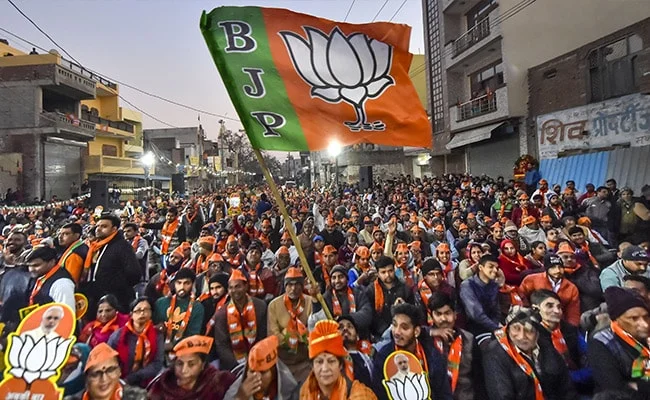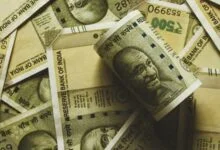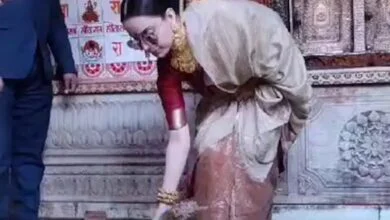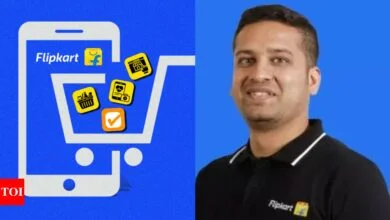Election Bonds Worth Rs 16,000 Crore Sold Till 2022. Who Got How Much helobaba.com


New Delhi:
The Bharatiya Janata Party is likely to be hit the hardest with the Supreme Court scrapping the electoral bonds scheme, as the party received over 60% of the donations made under the scheme between 2016-2022. Just months ahead of the Lok Sabha 2024 polls, a five-judge bench, headed by Chief Justice DY Chandrachud, declared the electoral bonds scheme unconstitutional. The court said that the scheme infringes upon the citizens’ fundamental right to information.
Electoral bonds are a financial instrument that allows individuals and businesses to make anonymous donations to political parties. They were introduced by the BJP government in 2018 as an alternative to cash donations. They were pitched as an initiative to bring transparency in political funding.
According to Election Commission data, 28,030 electoral bonds worth Rs 16,437.63 crore were sold between 2016 and 2022.
The BJP was the primary beneficiary of these donations and received Rs 10,122 crore, nearly 60% of the total donations. The main opposition Congress party came a distant second, receiving Rs 1,547 crore or 10 per cent in the same period, while West Bengal’s ruling Trinamool Congress got Rs 823 crore or 8 per cent of all electoral bonds.
Donations made to the BJP through electoral bonds were three times more than that of all other 30 parties combined on the list.
The donations received by seven national parties, according to the report are as follows:
BJP: Rs 10,122 crore
Congress: Rs 1,547 crore
TMC: Rs 823 crore
CPI(M): Rs 367 crore
NCP: Rs 231 crore
BSP: Rs 85 crore
CPI: Rs 13 crore
EC data also shows that from 2017 to 2022, the BJP received over five times the donations through electoral bonds than the Congress did.

While the electoral bonds had been brought to curb black money and bring transparency into political donations, the Supreme Court today said that the objectives do not justify the scheme. Additionally, it highlighted that alternative methods could effectively achieve these goals.









